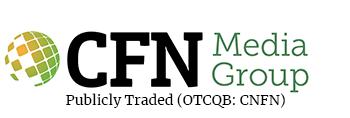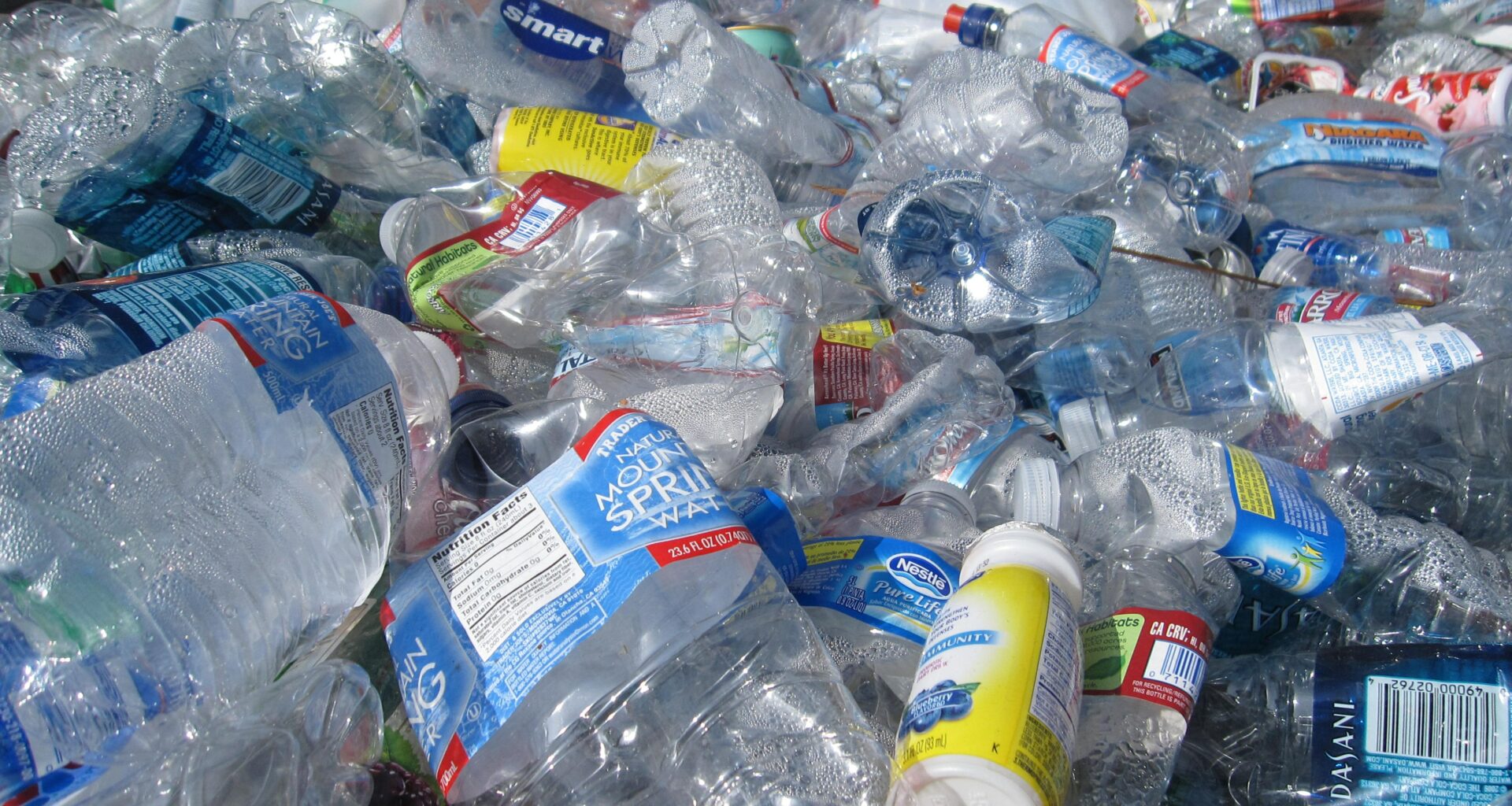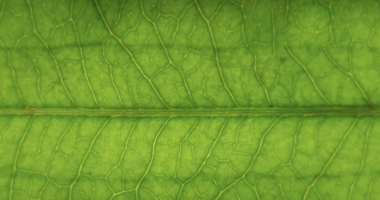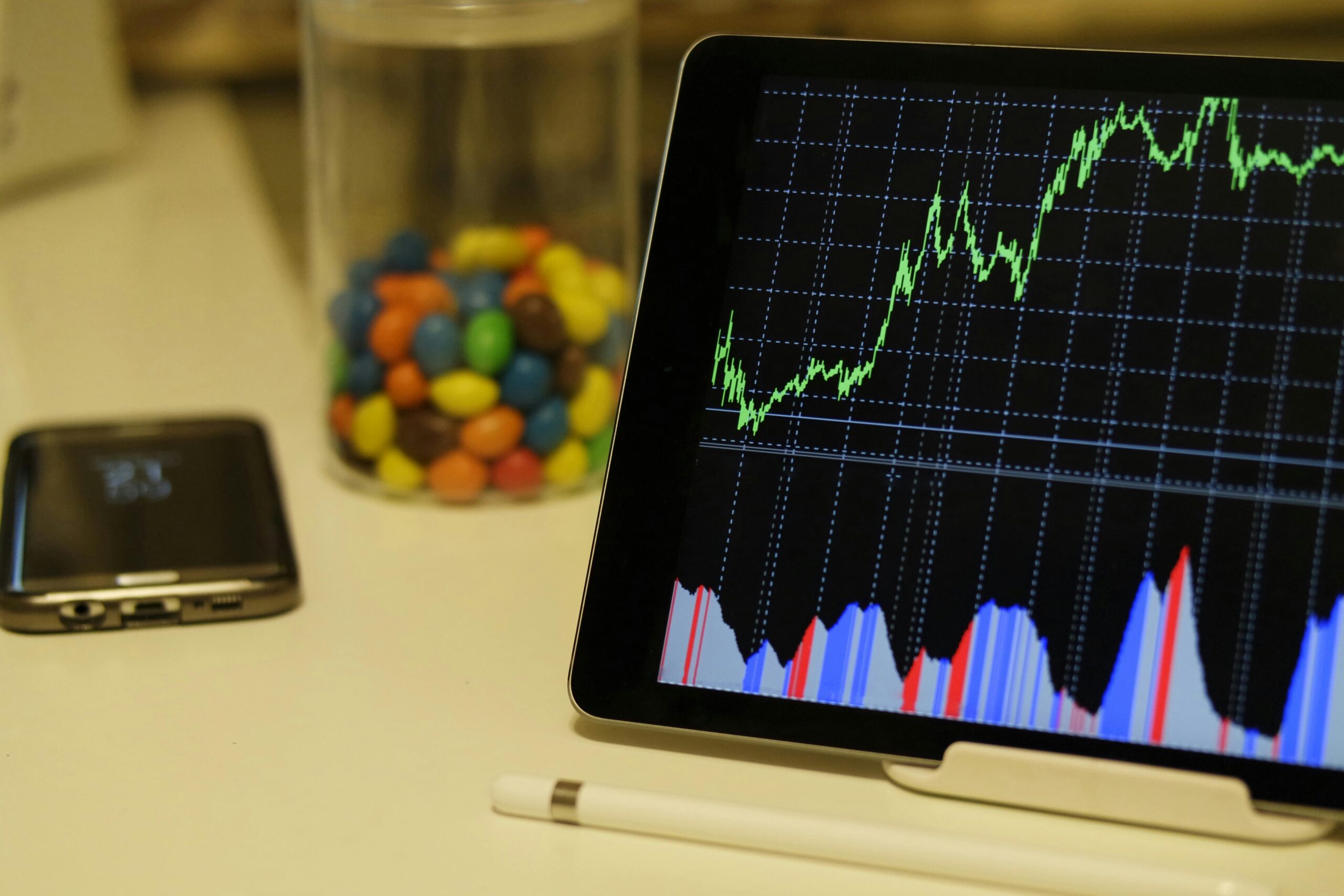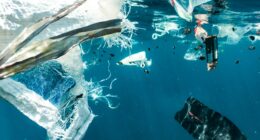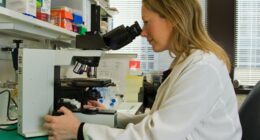The United Nations recently released a report called Turning off the Tap: How the world can end plastic pollution and create a circular economy. The report offers hope in the seemingly impossible struggle to significantly reduce the overwhelming amount of plastic waste currently produced across the world. About 430 million metric tons of plastic are produced each year globally, and most of it goes to waste, whether in landfills or littered. The UN report focuses on three key shifts toward a circular economy that need to take place, and are within reach, in order to achieve an 80% reduction in plastic waste by the year 2040. These are the reuse of plastics, the recycling of plastics, and the diversification of products that use alternatives to plastics.
From an investment standpoint, perhaps the most direct path to upside is through the recycling angle. There may be packaging companies that are coming up with reusable alternatives, or brands that are actively introducing reusable packaging, but we aren’t aware of too many options along these lines. Recycling is another story. There has been significant investment in the development of advanced recycling technologies required to make plastic recycling feasible and profitable, and there are several public company opportunities in the space. Improved recycling is tabbed by the UN report for 20% of the targeted reduction in plastic waste, so it might be a good place to start.
Consider Aduro
One of the more intriguing, and perhaps under the radar, companies is Aduro Clean Technologies, Inc. (CSE: ACT) (OTCQB: ACTHF) (FSE: 9D50). Aduro’s Hydrochemolytic™ technology is capable of transforming waste plastic of all types into higher value products like diesel, solvents, and plastics like polyethylene and polypropylene. It all takes place in a water-based chemical environment.
Watch Aduro Clean Technologies’ CEO Ofer Vicus discuss the advantages of the company’s plastic recycling technology.
Compared to existing technologies, the Hydrochemolytic™ system can process more types of plastic without as much sorting. In fact, things like labels and cardboard that are seen as contaminants in other processes can actually be beneficial to Aduro’s chemistry and make it more efficient. Hydrochemolytic™ upgrading also operates at lower temperatures (severity) than other systems, requiring less energy and resources to operate. The output also tends to be of a higher quality than existing pyrolysis-based systems. Aduro’s approach requires less processing both before and after the conversion, offering economic advantages that are crucial to advancing recycling as a viable tool for the reduction of plastic waste.
Another key differentiator is the scalability of Aduro’s units. Most plastic recycling today is done through very large factories that require intensive capital investment and high volumes of feedstock to make them feasible. Aduro’s solution is highly scalable from the micro to the macro, making it more adaptable when facing a plastic waste problem that touches all corners of the globe. Recycling that is limited to large cities just won’t suffice in this case.
Watch Aduro Clean Technologies’ CEO Ofer Vicus talk about the company’s plastic recycling commercialization process and goals for this year.
Aduro is currently working with a customer demonstration unit, the R2 Plastic Reactor, to give potential customers a look at the technology’s capabilities. The next unit, R3, will be a pilot plant on a larger scale to prove it can work on a commercial level. The company plans to begin building R3 later this year.
Aduro’s market capitalization is in the $42 million range, and yet it is planning to disrupt a multi-billion dollar industry. Grand ambitions like this require partnerships, and Aduro has crucial ones already in place with more anticipated this year. The company was selected for Shell’s GameChanger program, designed to boost the commercialization of promising technologies with Shell’s investment of expertise and money. Aduro is financed in part through grants from Canada’s National Sciences and Engineering Research Council, and is signed on to the Canada Plastics Pact. The company recently joined the Chemistry Industry Association of Canada’s (CIAC) Plastics Division. Aduro is also partnered with innovators in the Netherlands to optimize the platform and speed the commercialization process.
Watch Aduro Clean Technologies’ CEO Ofer Vicus discuss the interest and positive reaction from industry players to the company’s Hydrochemolytic™ technology.
The Upshot
Aduro Clean Technologies (CSE: ACT) (OTCQB: ACTHF) (FSE: 9D50) appears to be hitting the market with innovative plastic recycling technology at an opportune moment. Major consumer companies, oil and plastic conglomerates, and countries across the globe are committed to reducing plastic waste and creating a healthier circular economy around the use of plastics. The technology appears to be in place, the interest from the industry is promising, and the roadmap is clear. Investors are encouraged to keep an eye on Aduro Clean Technologies for further developments.
image sources
- tanvi-sharma–4bD2p5zbdA-unsplash: Photo by tanvi sharma on Unsplash
